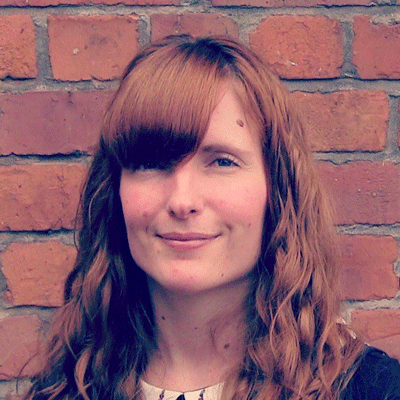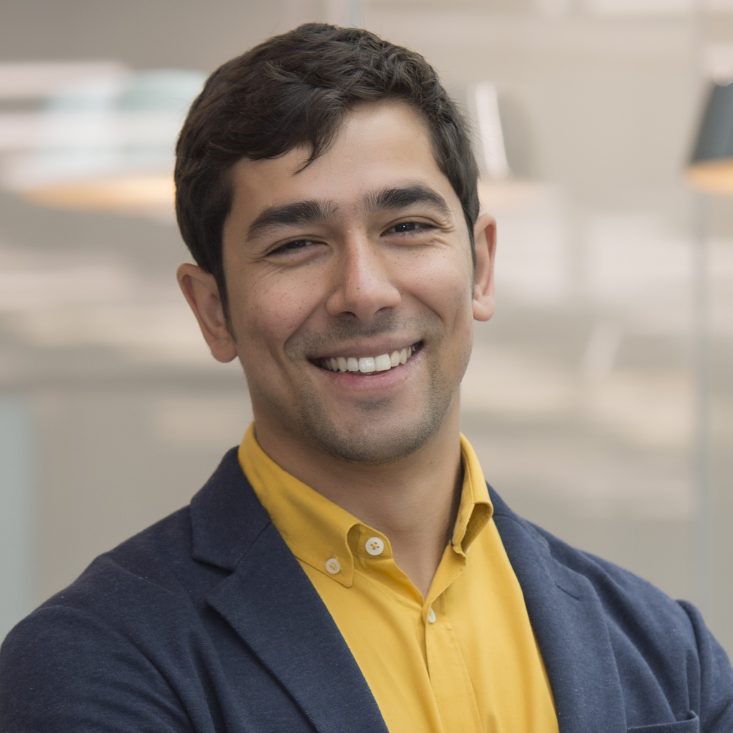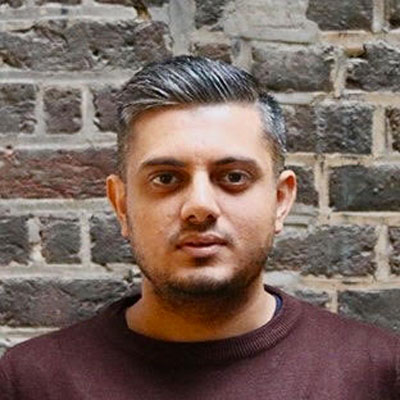
Two years ago, when WISE launched the research project “Local Learning Ecosystems: Emerging Models”, in partnership with the Innovation Unit, we asked ourselves how the models of learning ecosystems featured in the report could evolve as a significant new driver in education on a large scale.
Since then, WISE has observed enormous growth in appetite for the concept, including in Qatar where we are based. While the 2019 research provided the conceptual framework and analyzed nine case studies from various parts of the world, this new project focuses on the opportunities and challenges in developing learning ecosystems in Qatar.
Rather than solely mapping the rich landscape of formal and non-formal education stakeholders in the country, our team invited those stakeholders to envision the most suitable model(s) for Qatar’s local needs.
This research aims to better understand the potential of the learning ecosystems concept in Qatar, focusing on five core areas. The study was conducted through a participatory action research approach, encompassing surveys, interviews and co- designed workshops with stakeholders, including learners, in Qatar.
Approximately 150 local stakeholders (as well as a selection of global experts) were engaged in the process; the findings speak to their insights, perspectives and hopes for the future. Those young learners we collaborated with spoke of their desire for purpose, for fairness, for their voices to be heard, to be successful, and to be able to make change in the areas that they are passionate about.
Authors
Rosie Clayton
Research Fellow, WISE
Rosie Clayton is an education specialist working on leading projects and initiatives spanning education, skills, technology and lifelong learning. Her work bridges policy and practice, systems thinking and social change, and she is a Co-Founder of the Weaving Lab which is developing global expertise in the field of learning ecosystems. In addition to her current role as a Research Fellow with WISE, Rosie is working on Rethinking Assessment, and the Fusion Cities initiative led by the City of London. She was previously an Associate Director at the Royal Society of Arts, Manufacturers and Commerce leading the Cities of Learning programme the UK, and in 2016 was awarded a Churchill Fellowship to develop the concept and practice of innovation ecosystems in education in the USA.
Aurelio Amaral
Head, Learning Ecosystems, WISE
Aurelio Amaral is the Head of the Learning Ecosystems track at WISE. Currently, he is working on an action-research project that aims to make formal and non-formal learning opportunities in Qatar more effective and accessible. He also oversees Learners’ Voice, a program which equips K-12 students with self-expression skills to encourage civic engagement in Qatar; and the Learning Ecosystems Living Lab, a global community of practice that exchanges knowledge and best practices of systemic collaboration in education. Mr. Amaral studied Urban and Social Policy at Columbia University’s School of International and Public Affairs, and Communications at the Catholic University of Rio de Janeiro.
Atif Shafique
Public Policy, London Government
Atif is an experienced researcher and public policy professional. He is currently leading the development of municipal skills and employment programs that tackle under-representation in London’s labor market. He has a decade of experience as a policy researcher, leading and supporting major programs of work on lifelong learning, inclusive growth, and public services.





